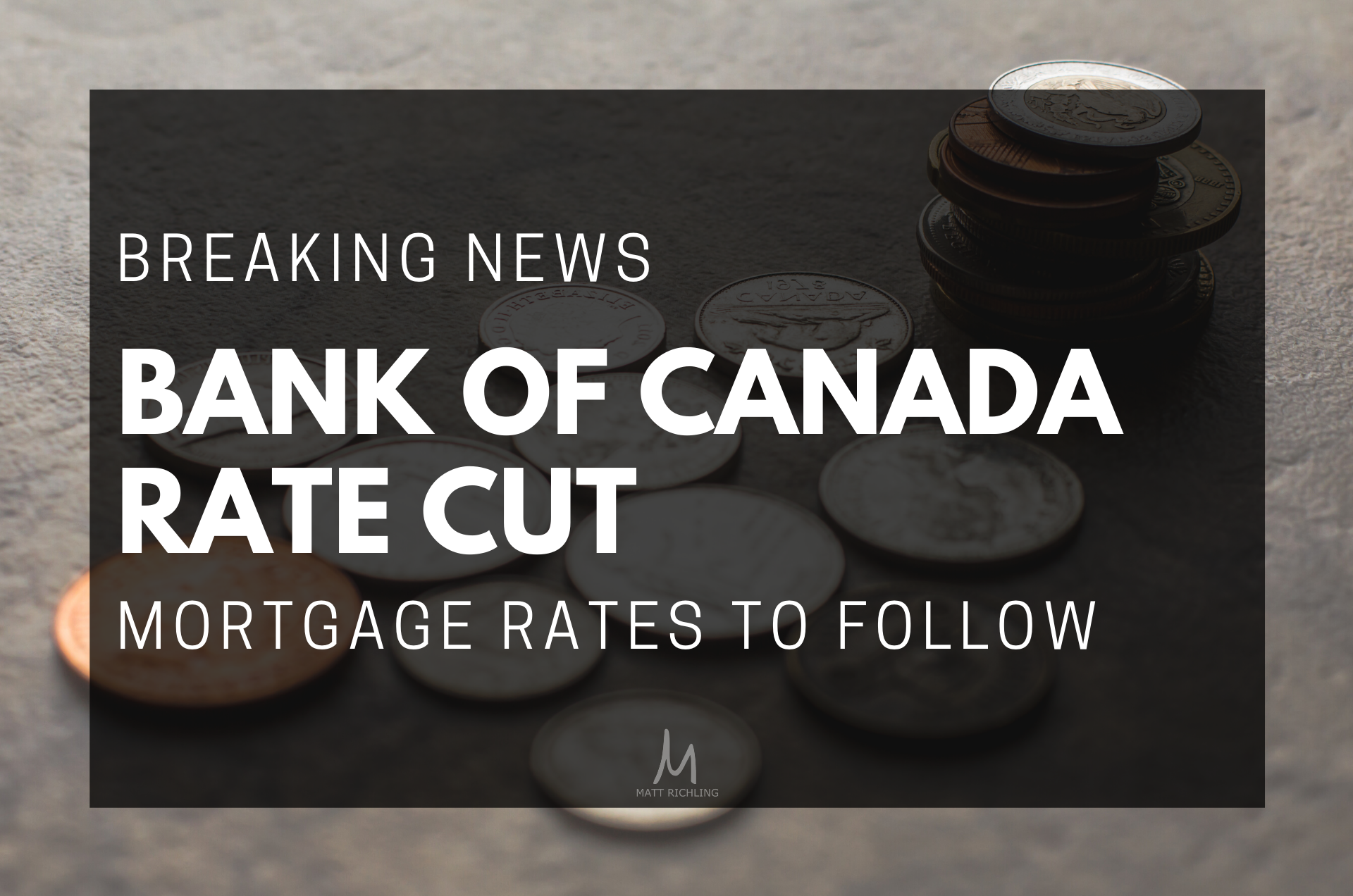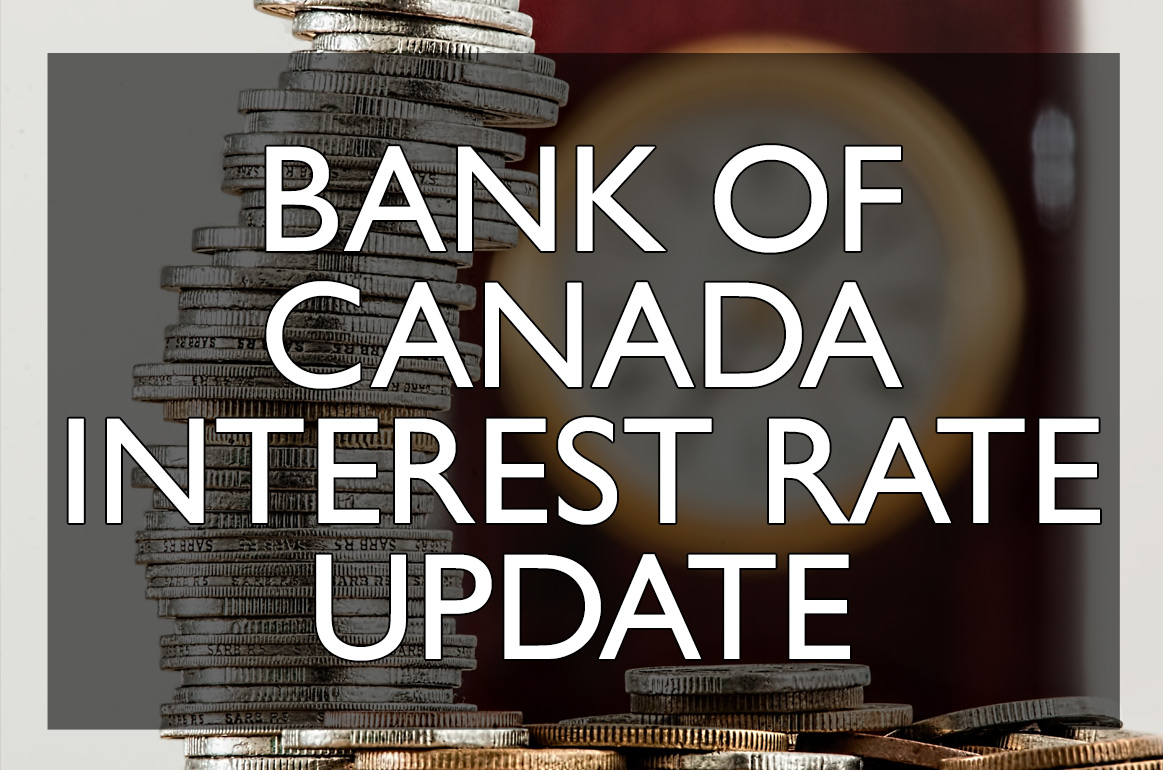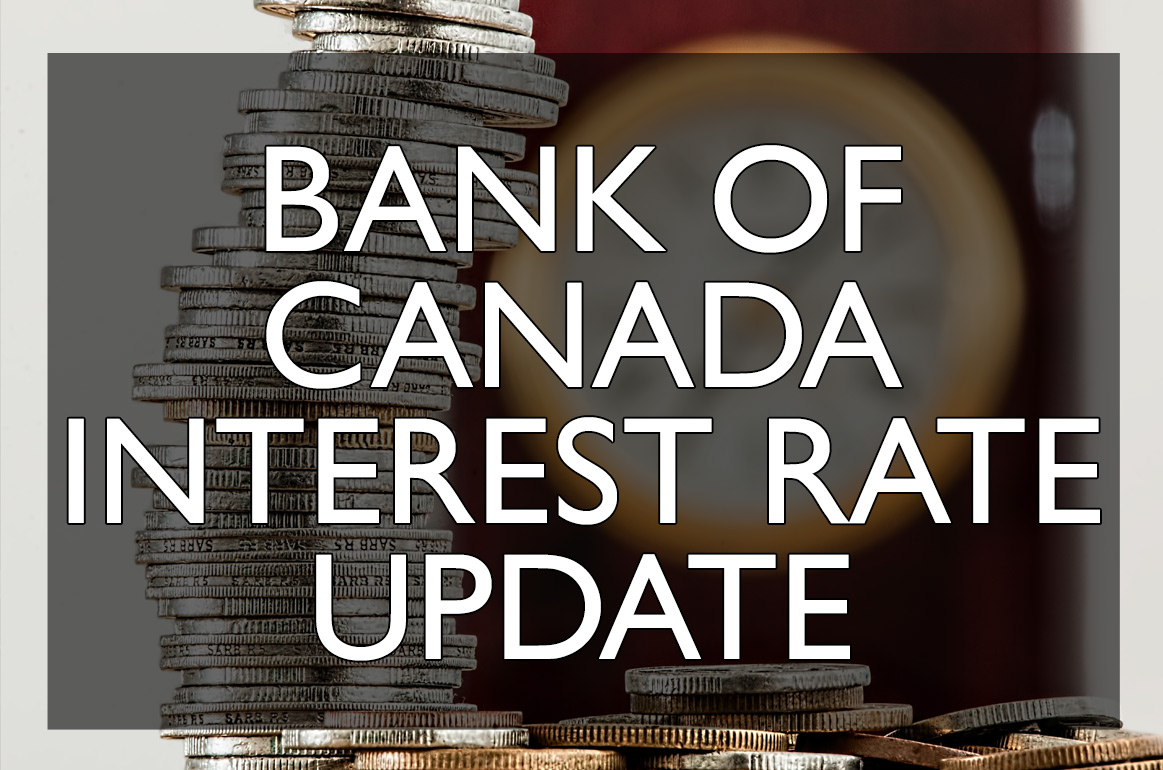We sat down with the mortgage broker extraordinaire, Peter Rostocki from Capital Home Lending, to get a better feel on what is going on in the mortgage world now, and what can we expect to happen with the Canadian and USA election, etc. Want to chat with Peter about financing? Shoot him an email at peter.rostocki@capitalhomelending.ca or call/txt him directly 613-355-9493.
Matt Richling: What is the mortgage world like right now?
Peter Rostocki: The mortgage world is consolidating because of the regulatory oversight. The fact is that for almost eight or nine years now, every year, we have had new stress tests introduced in a way, which has brought in some different kinds of change. Now the market across Canada is starting to slow down across the board which is what the government wanted it to do. You can’t have property values go from $500,000 to $1.5 million in ten years and say that’s healthy. It’s just not. These appreciations are too drastic.
M: What do you expect to happen to rates?
P: When it comes to rate forecasts, obviously you know I'm not an official economist, I am a "mortgage mutt" but I watch the bank, I encourage clients to watch the bank of Canada five year bond rate and the five year bond rate is low right now and when you look at the history on that, these trends or these bond deals don’t skyrocket or dive. They move, but you can see the trend coming when it goes.
https://www.bankofcanada.ca/rates/interest-rates/canadian-bonds/
M: What do you expect to change in the mortgage world in the next few years?
P: I expect to see the real estate market across Canada continue to cool down at a well-controlled pace and consolidate. I expect that strong markets where people make strong incomes I.E the core big spots are going to continue to thrive because those incomes are independent of mortgage rules. These big pockets like downtown Toronto, are independent of what happens with mortgage rates because if you are buying a four million dollar single, it doesn’t matter what the mortgage rules are, you can afford a four million dollar single. It’s a silly conversation to have because those people are in a different league, so I think you will see a continual consolidation. I believe that from the mortgage side the banks will keep doing what the banks are doing. The private money will continue to grow. There’s a huge demand for private funds that are being created by the governments pullbacks and I think the lenders like Home Trust, Equitable Bank, all the “B” lenders will keep fighting the auditors about how they do their stated income deals for all these businesses for self individuals that make a wack load of money and show NOAs of $10,000.
M: What effect will the Canadian election this fall have on the mortgage world? Will financing/mortgages be an election topic?
P: Not really, everybody is pretty much aware of what the black and white of it is and now everybody is just going through this saturation point of accepting it. So either you accept it or you’re fighting it. You’re fighting it, your fighting the market so I don’t see a huge shift there, I just think a lot of these things are, again going back to the bond market, it’s driven by what’s the long term outlook, and the long term outlook is not as rosy as short term, which is why the bond deals have fallen. People are nervous about the trade war between the US and China and people are nervous about Iran and the US shooting each other down. All these things contribute to these big-picture bond deals. The more unstable the geopolitics of the world get, the more money runs to Canada. I think a huge thing for us in Canada was when Australia closed their doors to Chinese real estate investment because a wack load of that money just shift directions, they just started getting on a different plane. It’s not like they stopped moving money, they just got on a different plane. This time the plane is going to Canada vs Sydney.
https://www.domain.com.au/news/nz-banned-foreign-ownership-just-over-a-year-ago-does-australia-need-to-follow-suit-868973/
M: What effect will the 2020 US election have on rates here in Canada?
P: I think they will be flat. Unless Trump looks like he is going to blow it out and win a major landslide then chances are people will get nervous again. It’s so unpredictable.
M: Variable or Fixed?
P: Fixed is lower than variable. Variable right now is 2.95 and fixed is 2.74. How can you gamble on something that’s higher? If you are going to hold the house for five years, live in it or invest for five years, absolutely five-year fix. Even ten year, there’s some ten-year money out there, 3-3.1%. If we can lock into those rates, those are crazy rates for an investment property, to hold a rental at 3.5% for ten years. Talk to people in the 80s when they were borrowing. Fundamentally you don’t buy rentals to expect it to go up in value. You buy a rental because a stranger pays off the mortgage and in 20 years you sell it for what you bought it for and you walk away with no tax payment with the CRA because you didn’t make any money on it. That’s why you buy rentals. You buy something for $300,000, sell it for $300,000, the difference is when you bought it you gave a cheque of $60,000, when you sold it you got a cheque of $300,000 and you didn’t have to do anything for 20 years to do that. Can you get better return investments in the market? Sure! But as safe as real estate? I remember when I had Nortel shares….
Want to chat with Peter about financing? Shoot him an email at peter.rostocki@capitalhomelending.ca or call/txt him directly 613-355-9493













